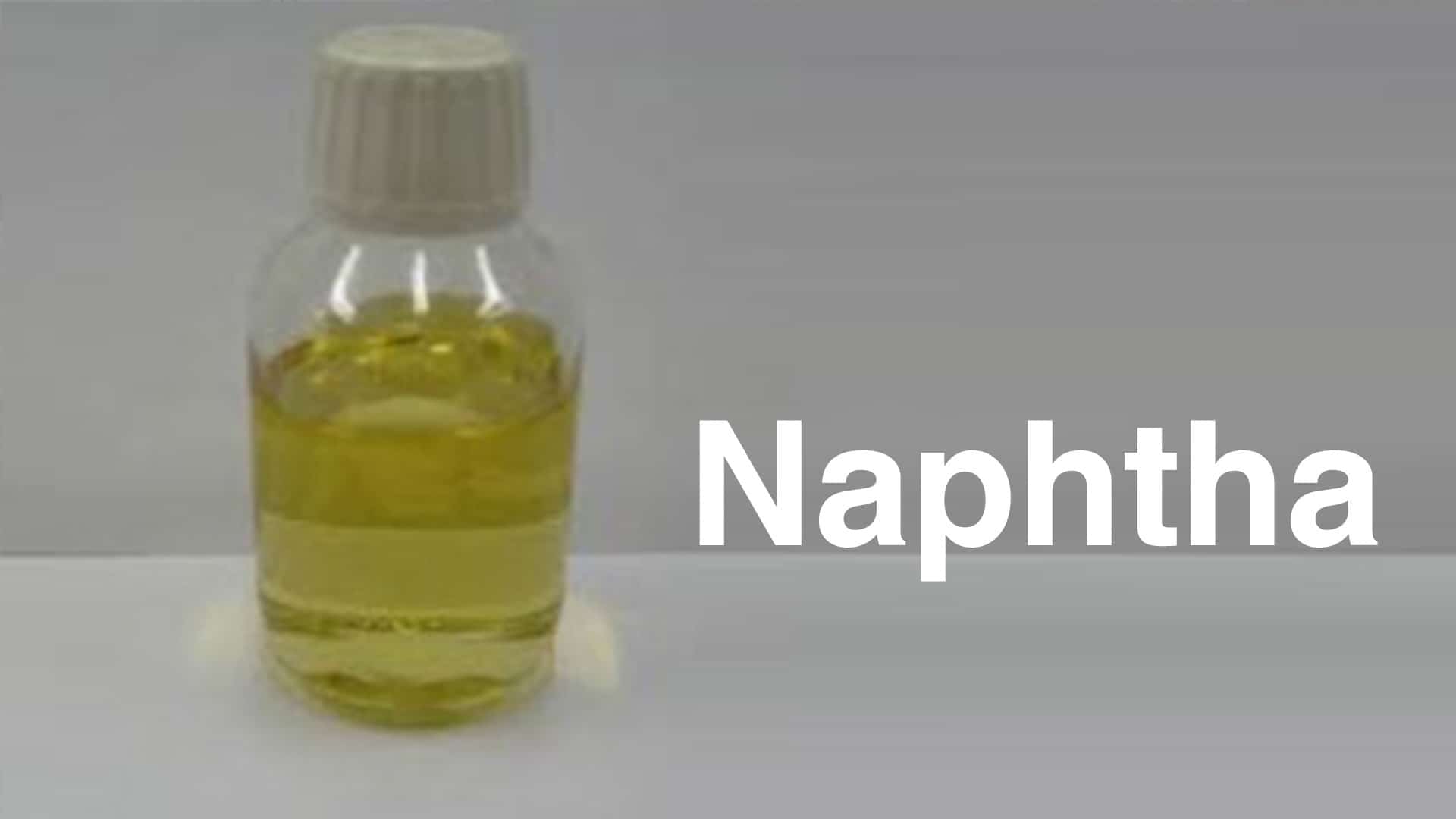Welcome To ChemAnalyst

Honeywell UOP is a prominent global provider of catalysts, adsorbents, equipment, and consulting services to the petroleum refining, petrochemical, and gas processing sectors. The industry is all set to devise a method for creating high yields of bio-naphtha from waste cooking oil and animal fats. Eco fining technology from Honeywell UOP is used in the approach, which minimises carbon dioxide emissions when compared to petrochemical-based naphtha manufacturing. Conventional naphtha is made from crude oil and natural gas condensates and is used to make polymers like polyester and other packaging materials. Honeywell International Inc. claims to have discovered a commercially feasible technology for repurposing low-grade plastic trash into oil suitable for use in refineries.
The feedstock for bio-naphtha generated by Eco fining, on the other hand, is sustainable oil. When compared to naphtha manufactured from petroleum feeds, the resulting bio-naphtha has a 50 percent to 80 percent lower greenhouse gas footprint, according to Honeywell. The manufacturer of chemicals, automation equipment, and aviation components is partnering with Sacyr SA, a Spanish infrastructure business, to develop and run the first plant employing the technique, which they intend to convert 30,000 metric tonnes of mixed plastic garbage into refinery feedstock yearly.
As per ChemAnalyst, “The demand for naphtha has risen steadily over the previous decade and is likely to continue to climb in the next years, owing to the fast-growing economy. Increasing Exorbitant energy costs across the entire region has continued to stress the fundamentals of various chemical and petrochemical commodities across the globe. The commencement of a major bio-naphtha technology is expected to drive the fundamentals as renewable petrochemical feedstocks have grown in interest as consumers prefer more bio-based products.”
We use cookies to deliver the best possible experience on our website. To learn more, visit our Privacy Policy. By continuing to use this site or by closing this box, you consent to our use of cookies. More info.
